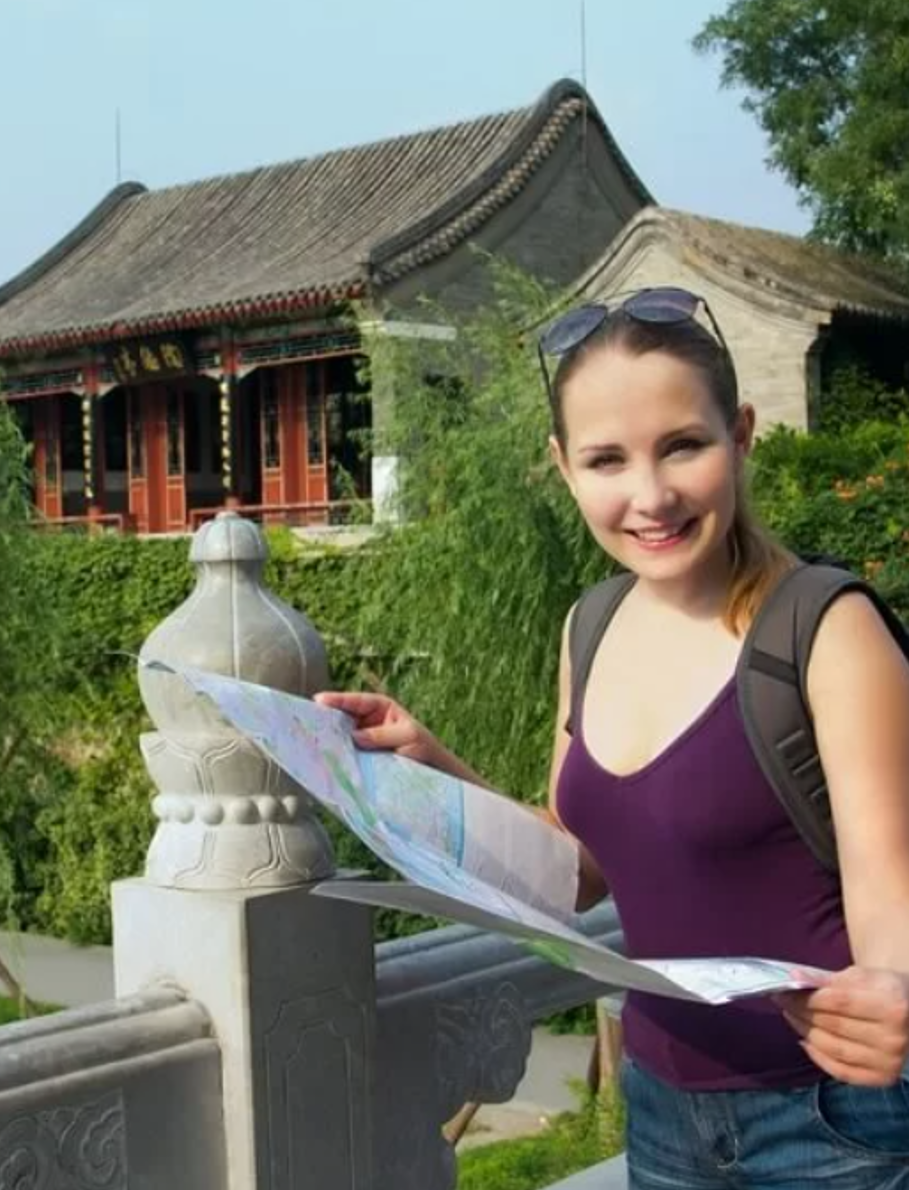Click to expand the information below to learn more about pocket money, holidays, language courses, and more in China.

The pocket money in China is a minimum of ¥1500 per month, which equates to approximately €194 per month. There are no governmental regulations around this so it is up to the host families and au pairs to agree on a reasonable amount.
Most agencies and host families agree to pay a completion bonus to the au pair at the end of their program as well.
There are no specific regulations regarding working hours, but most au pairs work between 20 and 30 hours a week as an au pair to have enough time for their Mandarin language courses and culture courses. They should not work more than 6 hours per day.
Au pairs in China are entitled to 14 paid holiday days for a 12-month stay and at least 1.5 days off per week. They should also receive all national holidays off to experience Chinese culture to its fullest. These days should not count toward their holiday days.
Most au pairs stay for 3-12 months in China as they come on a student visa. Many host families prefer the full 12 months as the length of stay in China. In some cases, it is possible to extend the visa for another year.
Mandarin language courses are a mandatory part of the au pair program as au pairs come on a student visa to the country. Typically, the au pair will take 10-15 Mandarin classes per week of 45 minutes each. Additionally, they should take at least one Chinese culture class monthly.
As part of the au pair program, au pairs are entitled to free room and board. This means that they get all meals and housing from the host family. They must live in the same house as their host family and should have a private room with a door, window, bed, wardrobe, and desk as well as access to a bathroom. Their food and living quarters are included if they become sick or are on holiday time.
The au pair is mainly responsible for childcare during their working hours which can include some meals, planning activities, and pick up from school. In China, a large part of this responsibility falls under teaching English to their host children. Host families in China see a great value in English knowledge for their children, so it is an important part of their motivation for the program.
Au pairs can also contribute to light household tasks especially those that relate to the children such as doing the dishes, organizing toys, or doing the children’s laundry. Their responsibilities do not include heavy household work such as scrubbing bathrooms or vacuuming the whole house.
In China, international driving permits are not allowed. The only option for an au pair to drive in China is to do courses to get a Chinese driver’s license.
Insurance for the au pair is included in the program costs of the host family. Any additional insurance like travel insurance should be purchased by the au pair themself.